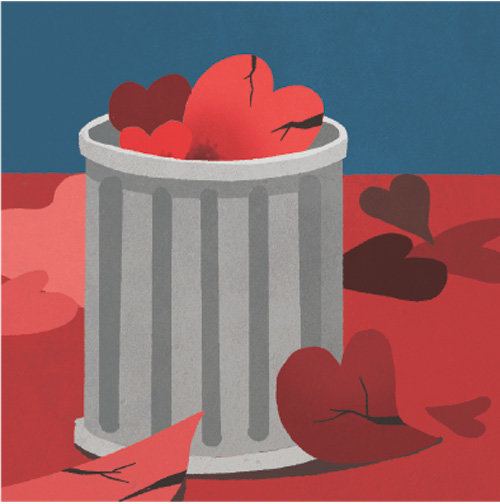War trash
War trash
Posted June. 24, 2020 07:40,
Updated June. 24, 2020 07:40

People sometimes use other people like objects. Such relationships are the “I-It” relationship according to Philosopher Martin Buber - the relationship where one takes advantage of the other as opposed to the “I-Thou” relationship where both parties are equal. The “I-It” relationship manifests itself more clearly during a war, and “War Trash” by Ha Jin, a Chinese American novelist, sheds light on how humans become “it” during the Korean War.
The story is about 20,000 Chinese soldiers who are captured in POW camps on Geoje Island and Jeju Island by U.S. military during the Korean War. In the end, a third of them are repatriated to China and the rest go to Taiwan, a decision they come to after several fights between pro-Nationalists who wish to go to Taiwan and pro-Communists who want to go back to mainland China. The violence that erupts between the two groups is too brutal to be described in words, and the United Nations that operated the camps could not stop it either.
The author then follows those who choose to go back to China despite all the threats and persuasion. They are not welcomed by China. Rather, they are treated as traitors who chose to be POWs over death. Hundreds of them end up in prison with charges of espionage, and most of them are discharged dishonorably. Many work on farms and are abandoned by their families. Such disgrace lasts for 27 years until they regain their rights in 1980.
This novel is an uncomfortable and painful read. Why did the author write such a dark story? He wanted to alleviate the pain and sorrow of those who were “war trash” and then became “the dregs of society.” He wanted to heal their wounds with his story. And this story is not just about China. Are we free from such violence perpetrated by the country? This is the question War Trash asks Korean readers. It asks us to reflect upon ourselves.
tjdrud0306@donga.com






